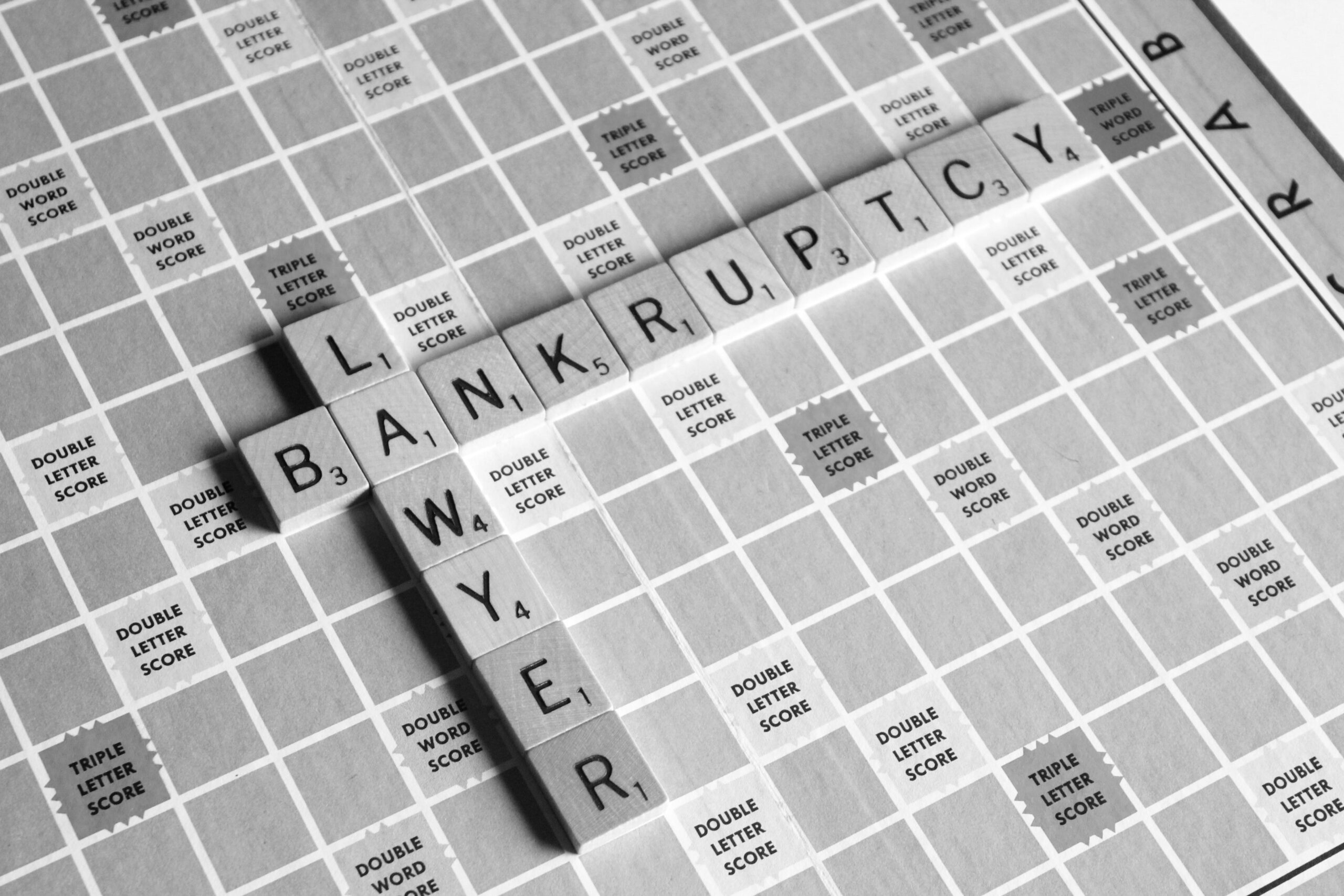HOW BANKRUPTCY MAY IMPACT YOUR TAX SITUATION?
Filing for bankruptcy may have an impact on your taxable income. However, the extent of that impact will depend on your personal circumstances and the type of bankruptcy you file for. It is important to understand that bankruptcy may result in unanticipated adverse tax consequences and expose a person to personal liability.
Generally, during the length of a bankruptcy process, a debtor is subject to state tax laws (such as property, sales, and use) as well as federal income tax laws (such as employment taxes and payroll). In addition, the debtor must pay federal and state income tax due and file federal income tax returns. If the debtor fails to timely pay the income tax due and file income tax returns in a bankruptcy proceeding, they may have penalties and interests with the IRS. Also, if you file for bankruptcy and are expecting a tax refund, the Bankruptcy court has the power to intercept your tax refunds and use them to repay your debts.
Although bankruptcy does not relieve the debtor of their obligations to the IRS, it may provide relief for some tax debt. For example, bankruptcy could markedly shift the timing, nature, and extent of the debtor’s obligations to pay taxes. Also, in bankruptcy, a debtor may be able to get a discharge for certain specified types of debts.
MAY A DEBTOR DISCHARGE DEBT IN BANKRUPTCY?
A discharge of debt releases the debtor from specific types of debt. In bankruptcy, the debtor will receive a discharge of debt automatically unless there is an active litigation case involving objections to the discharge. Once a debt is discharged in bankruptcy, the debtor is no longer personally liable for discharged debts.
According to the Federal Rules of Bankruptcy Procedure, the clerk of the Bankruptcy court must mail a copy of the discharged order to all creditors. The discharge order must state the debts owed to said creditors and that the debt owed to them has been discharged. Once the creditors receive such order, they are prohibited from attempting any further collection of the discharged debt.
Nevertheless, not all debts meet the requirements to be discharged. According to Section 523 (a) of the Bankruptcy Code, there are 19 types of debt excepted from discharge in bankruptcy Chapters 7, 11, and 12. See, https://usbankruptcycode.org/chapter-5-creditors-the-debtor-and-the-estate/subchapter-ii-debtors-duties-and-benefits/section-523-exceptions-to-discharge/
The most common categories of non-discharged debts are:
1. Debts for child support, spousal or alimony,
2. Debts for willful injuries to a person or property,
3. Debts not disclosed by the debtor when filing lists and schedules required by law,
4. Debts involving certain types of tax claims,
5. Debts owed to certain tax-advantaged retirement plans, and
6. Debts for personal injuries caused by the debtor’s motor vehicle operated while intoxicated.
MAY CREDITORS OBJECT TO THE DISCHARGE?
Under Chapter 12 or 13, a debtor is usually entitled to a discharge after completion of all payments required by the court that was set forth in their repayment plan during the bankruptcy proceeding. Nevertheless, a Chapter 7 debtor does not have an absolute right to a discharge because, during a bankruptcy process, their creditor has the power to file an objection. The Bankruptcy court may deny a discharge of debt under Chapter 7 if the judge finds that the debtor meets one of the conditions described in Section 727 (a). See more information here, https://usbankruptcycode.org/chapter-7-liquidation/subchapter-ii-collection-liquidation-and-distribution-of-the-estate/section-727-discharge/
MAY A DEBTOR DISCHARGE INCOME TAXES IN BANKRUPTCY?
Income tax obligations must meet specific requirements to be dischargeable in a bankruptcy proceeding. Taxes that do not meet such requirements fall within the Bankruptcy Code’s exception to discharge, section 11, §523(a)https://uscode.house.gov/view.xhtml?req=granuleid:USC-1994-title11-section523&num=0&edition=1994
There are three basic rules that apply when discharging income taxes.
1. Three-Year Rule: Under this rule, the tax must be due at least three years before a debtor files for bankruptcy (filing date). For example, a debtor owes federal income taxes for 2017, 2018, and 2019 and does not have an extension to file income tax returns for any of said years. As a result, the return for 2017 was due on 4/15/2018, the return for 2018 was due on 4/15/2019, and the due date for the 2019 return was 4/18/2020. All the above taxes came due no later than 4/18/2020. If the debtor files for bankruptcy in May 2023, it has been more than three years since the due date and bankruptcy proceeding. Thus, all due taxes fit within the scope of the rule and cannot be discharged.
2. Two-Year Rule: Under this rule, the tax return must be filed more than 2 years prior to the bankruptcy filing date.
3. 240-Day Rule: Under this rule, tax debt is excluded from discharge if said tax was assessed within 240 prior to the bankruptcy filing.
A debtor with a considerable amount of non-dischargeable income tax debt should consider the benefits of bankruptcy. But when a debtor does not have significant or no income tax due, they may benefit from our debt settlement program. If any event, it is crucial to have legal advice to determine which is the best option for you. Here, at Advantage Law, our experienced attorneys will be happy to find the best debt solution for you.





